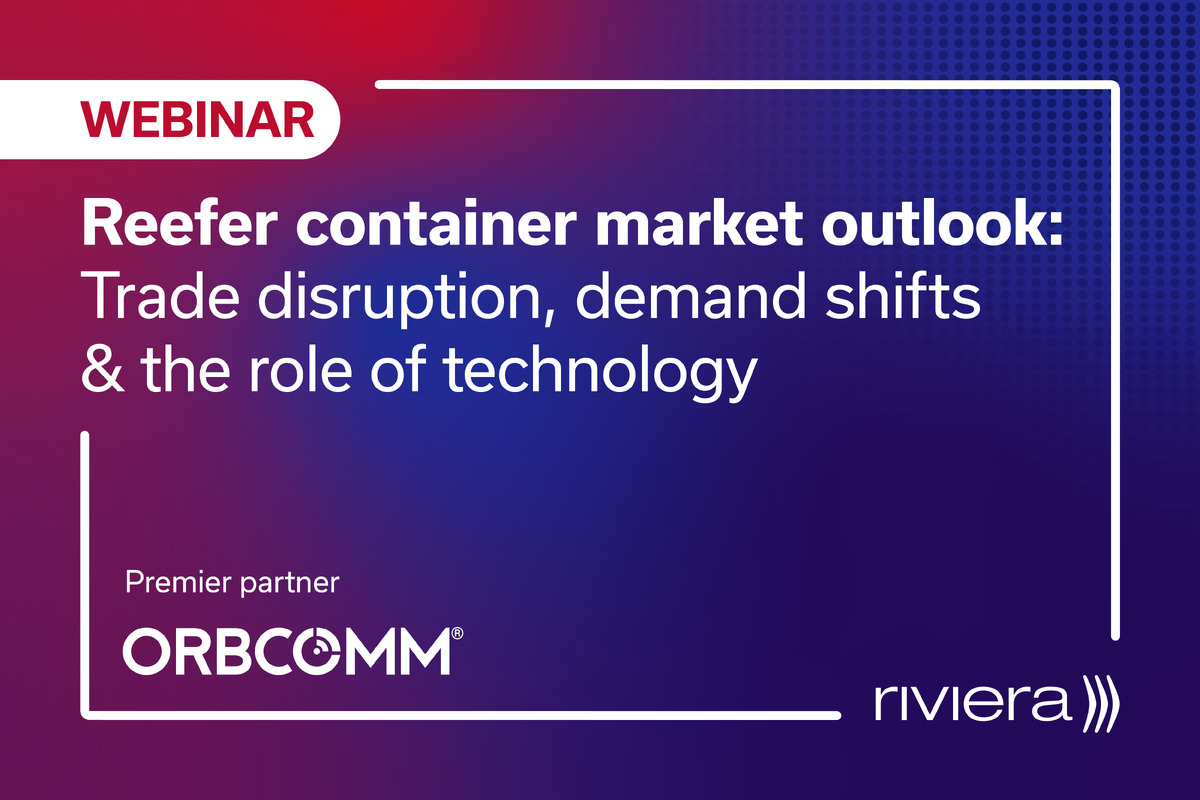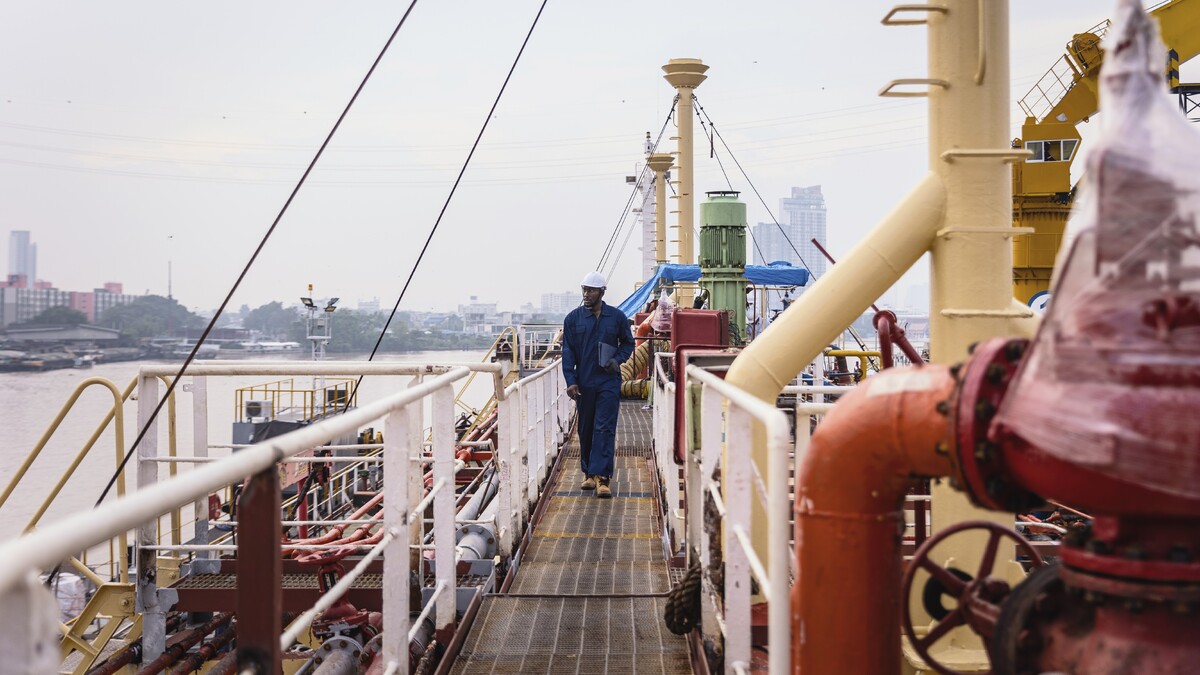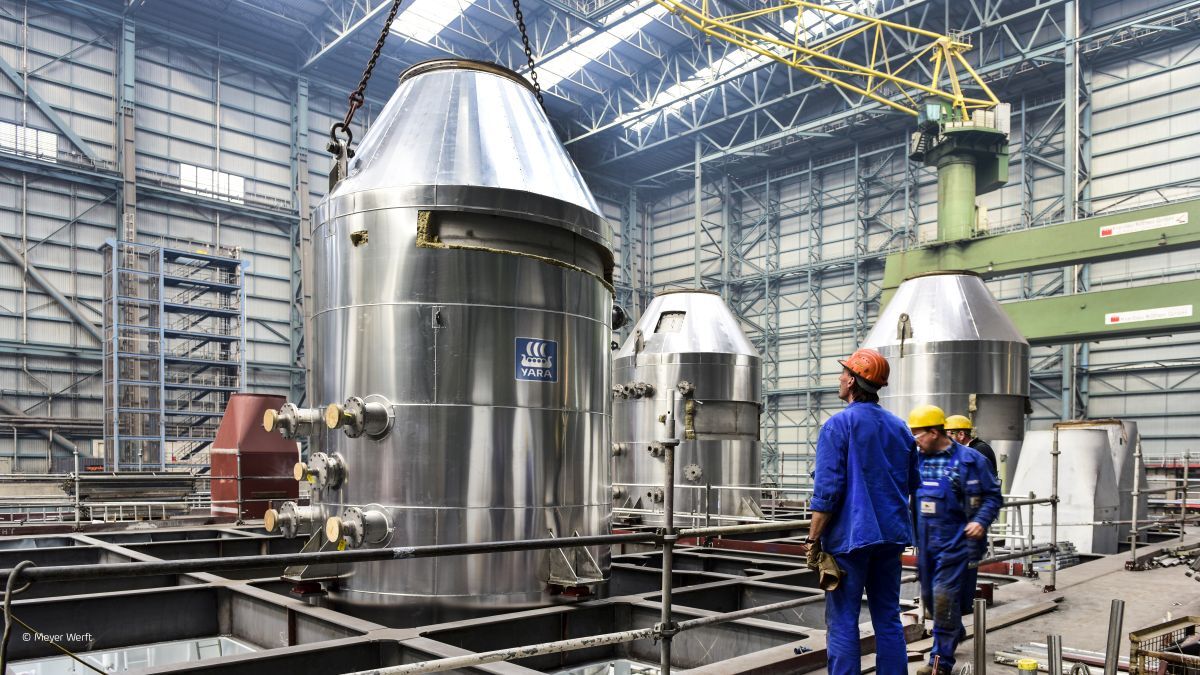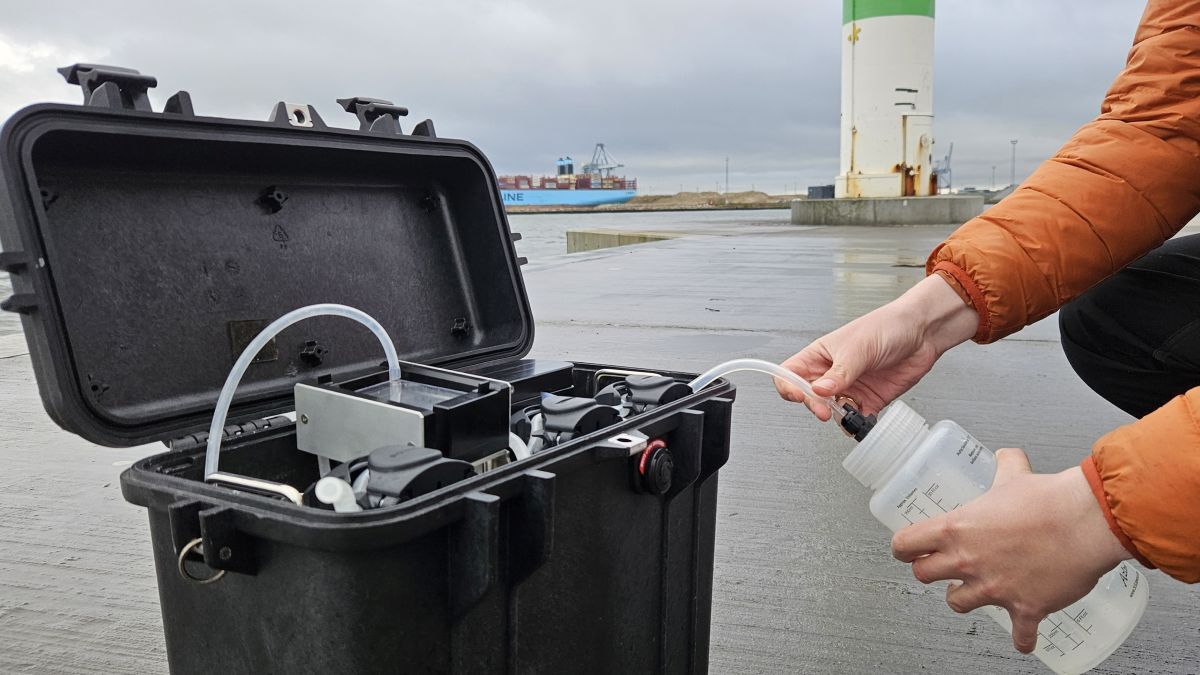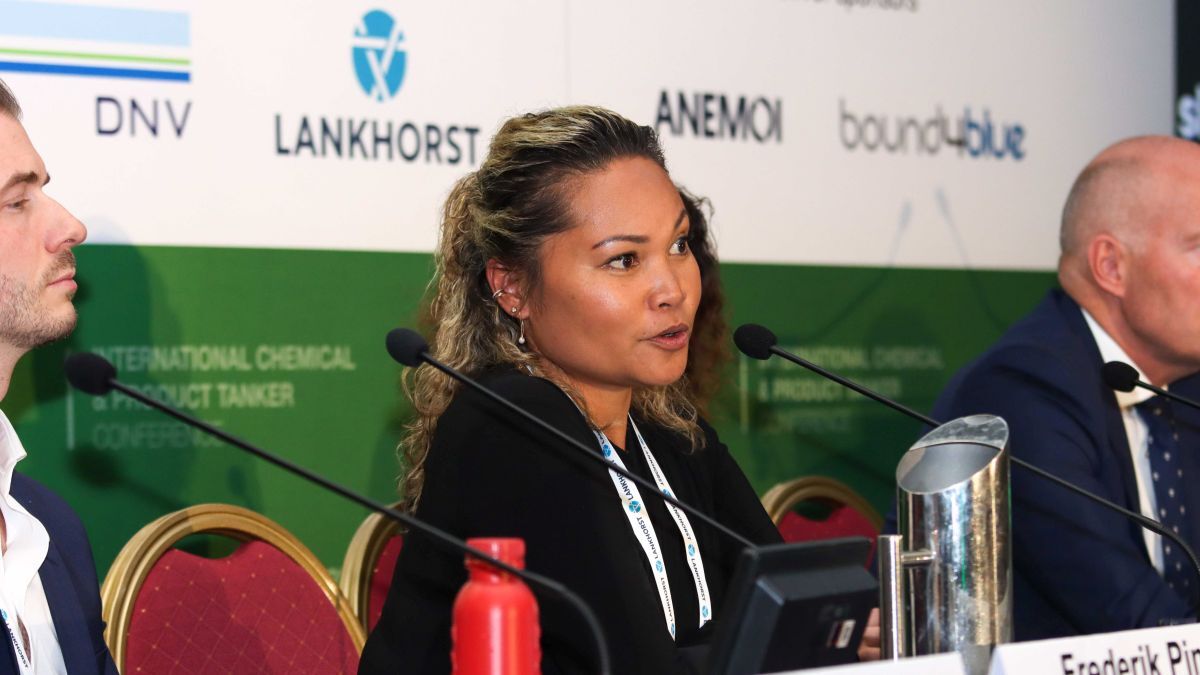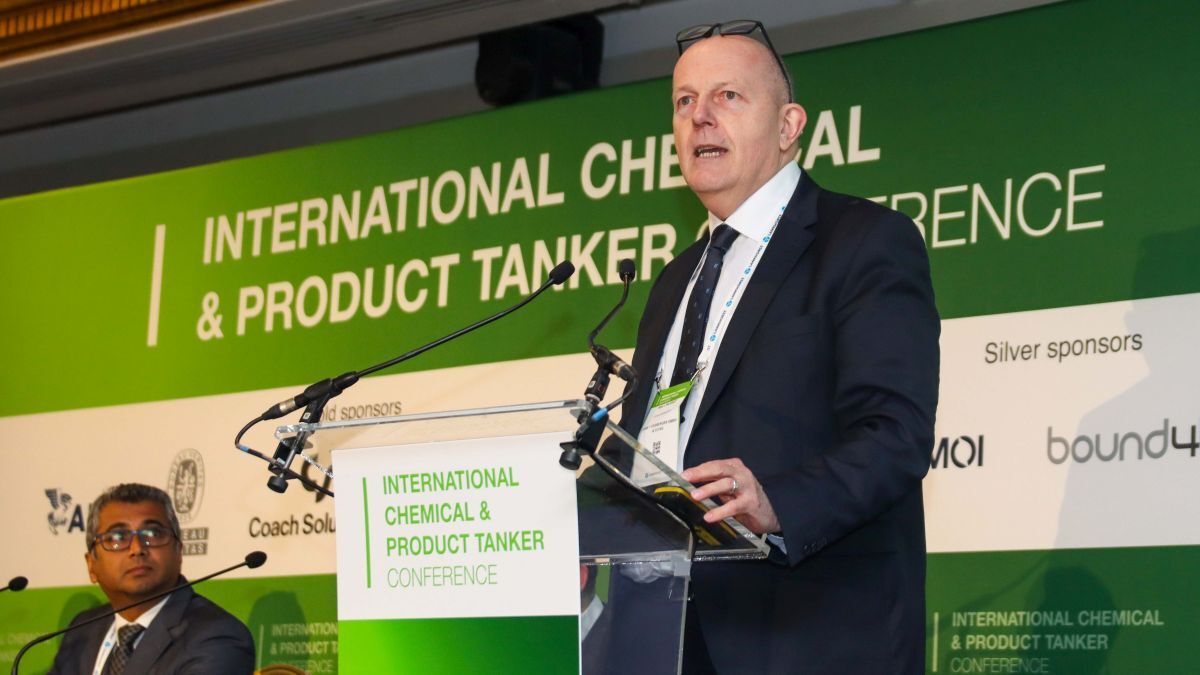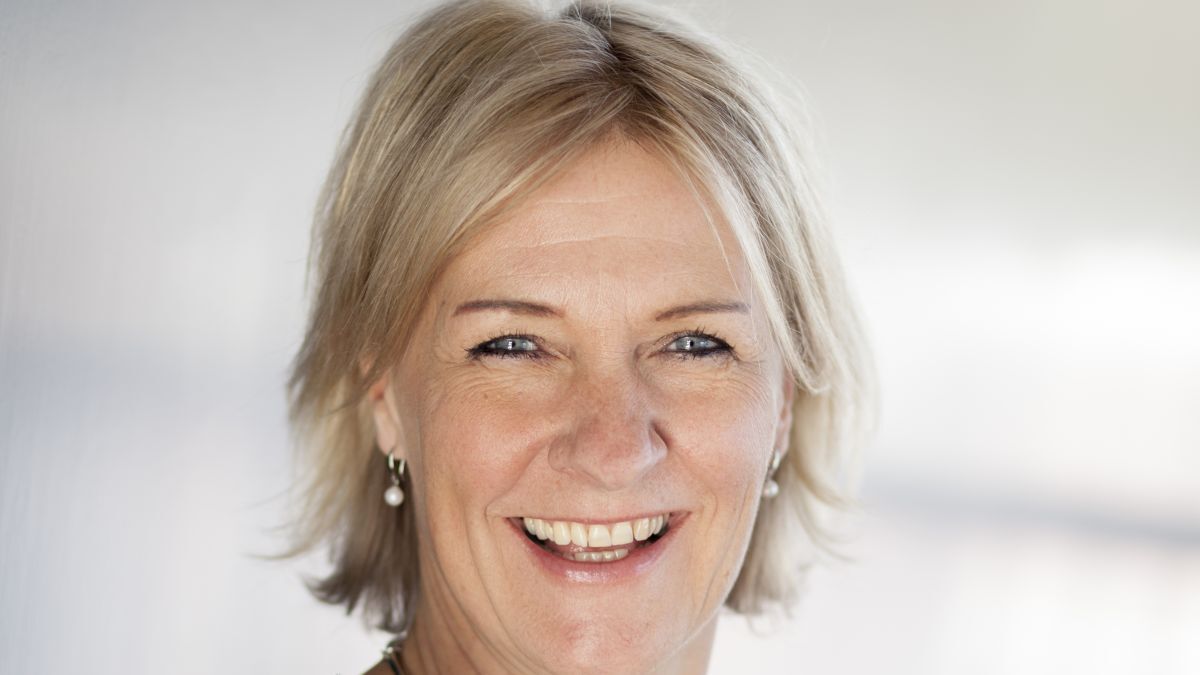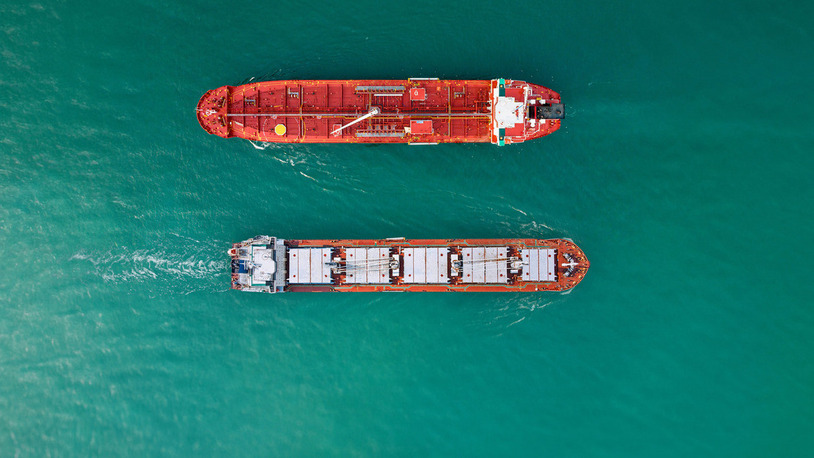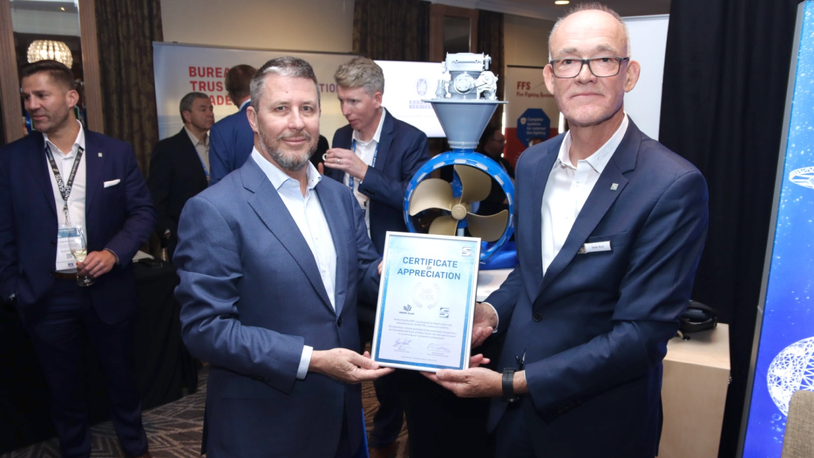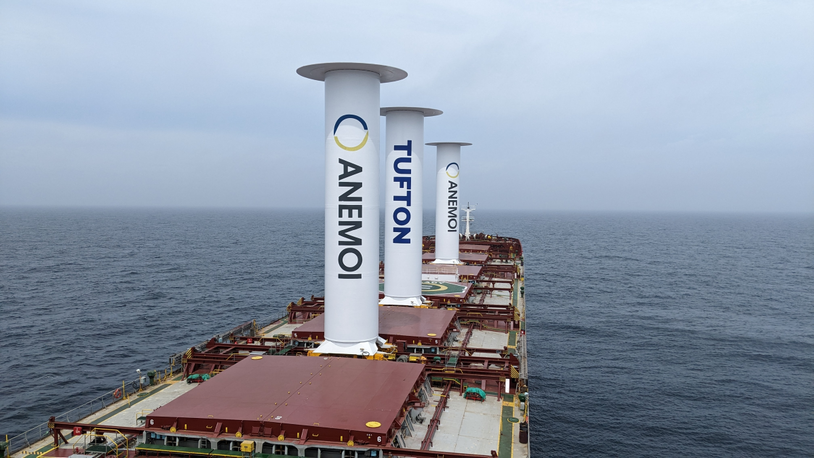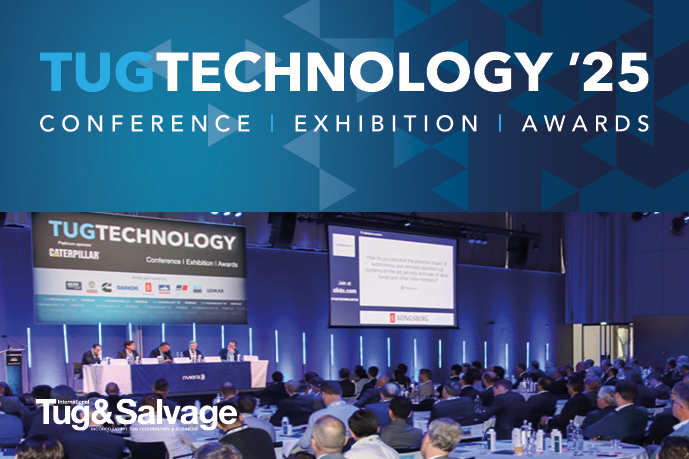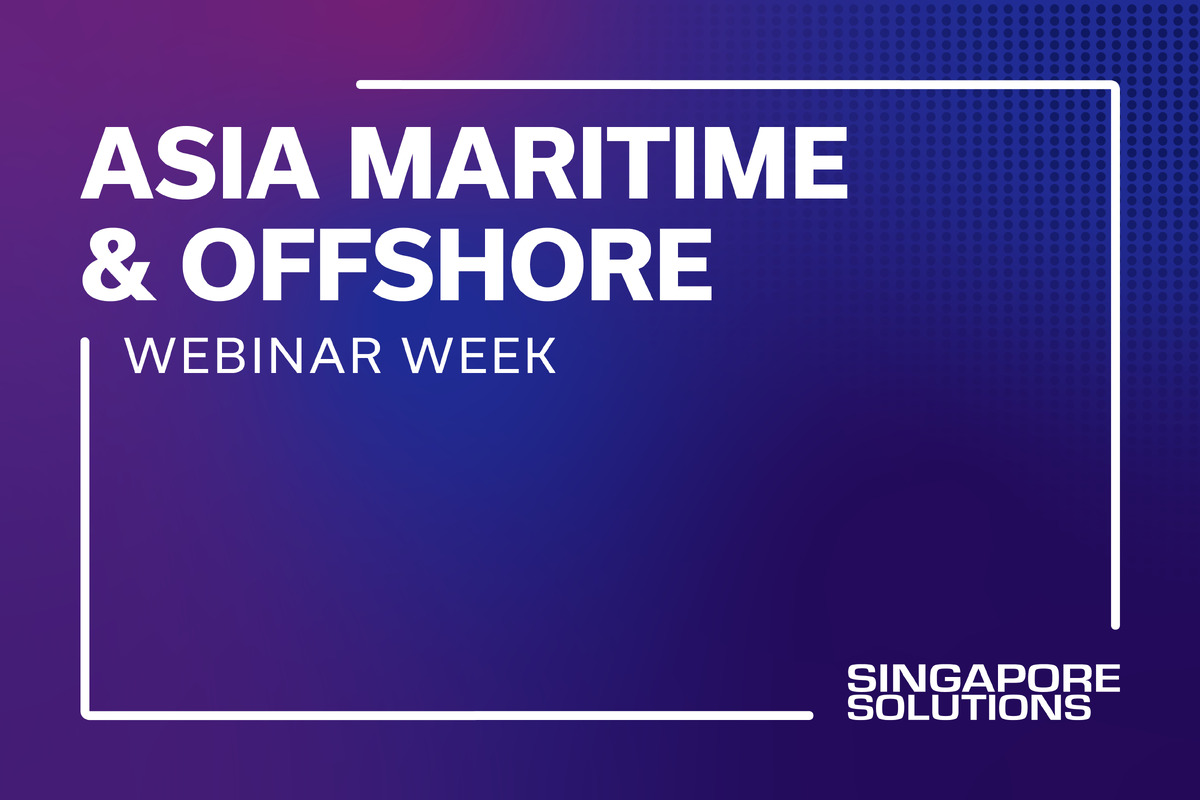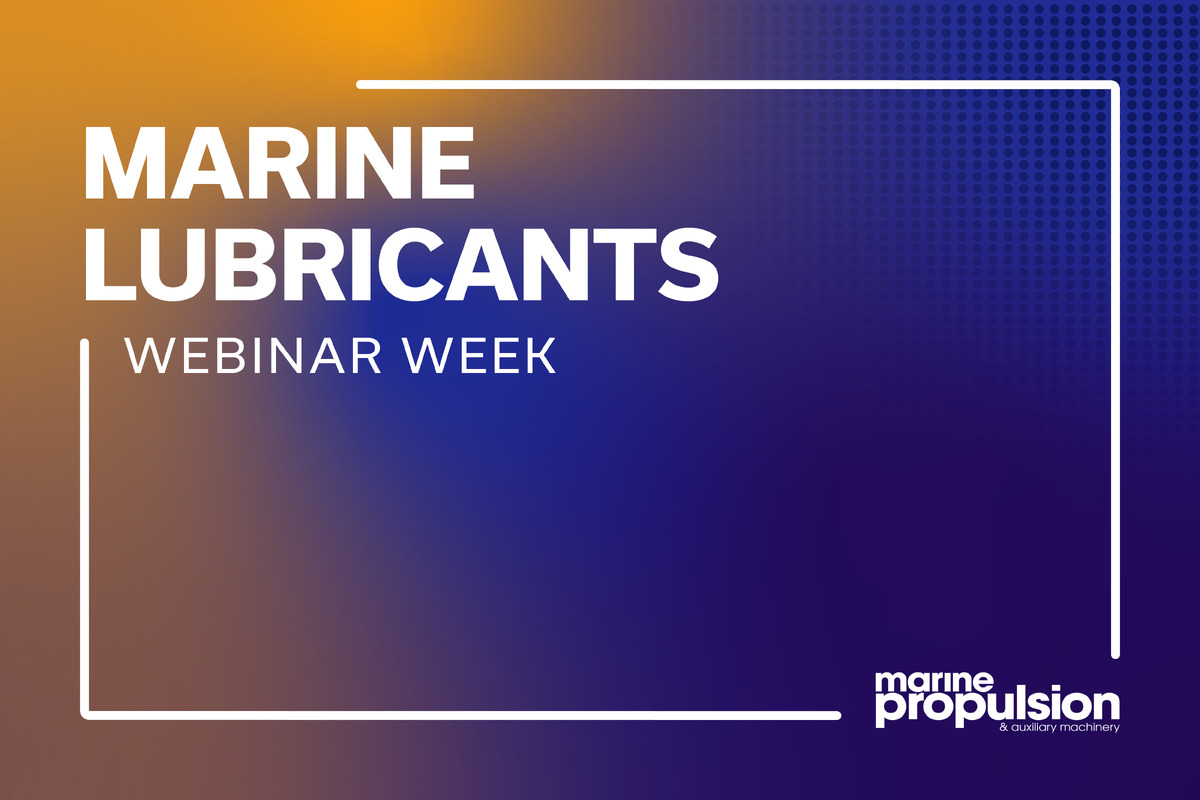Business Sectors
Contents
Register to read more articles.
Container ship scrubber market comeback
After being disrupted by the pandemic, the scrubber market has bounced back in the box ship sector
The scrubber market is bouncing back after being hit by the effects of the pandemic – and there is a lot of activity among container ship operators.
Yara Marine Technologies chief executive Aleksander Askeland tells CST, “We had high hopes for the scrubber market in 2020, but the pandemic led to a swift disruption of the market. Restrictions on travel and social interaction made it significantly more challenging to do business, and the large reduction in the oil price weakened the case for scrubbers.”
But now, he says, as these impacts are being reversed, the overall scrubber market is improving and the “container segment is once again becoming big on scrubber newbuilds,” says Mr Askeland, adding “with freight rates going up and the scrubber spread increasing, we see a lot of activity among container ship owners and operators.”
He notes it is not only the IMO 2020 regulations driving the market, with stricter emission areas constituting a major driver of further innovation. But he adds, “Nevertheless, regulation is still the primary factor. In addition, we see the scrubber spread steadily increasing, which opens up for more conversions. Add another US$20 to the spread and we might see a large new wave of orders.”
Yara provides the full range of inline and packed-bed scrubbers, open-loop and hybrid closed-loop scrubbers. Mr Askeland says, “We are focusing on expanding our service and support capacities across the globe, after having established new sites in Shanghai, Singapore and Poland.”
Recently, Yara Marine Technologies developed a completely new capability by using AR glasses to provide remote service and training. “This enables our service team to provide our best expertise wherever and whenever it is needed. It also saves time and costs for all parties involved, and leads to reduced carbon emissions, since it decreases our dependence on travel,” points out Mr Askeland.
Over the past year, the company has transformed from a product-focused scrubber supplier to a purpose-driven company with a growing portfolio of technologies that enable a greener maritime industry.
Mr Askeland expands, “We started out this year by partnering with NG3 to offer shore power systems, and we are still expanding our capabilities in that area. We then partnered with BAR Technologies to provide WindWings, a cutting-edge wind propulsion and route optimisation system.”
Then at the start of July, Yara acquired Lean Marine, which has developed digital solutions for fuel optimisation and smart fleet operations in the form of FuelOpt and Fleet Analytics.
He sums up, “All of these technologies lead to substantial reductions in fuel consumption and CO2 emissions. Even more is in the pipeline, and we are always developing, seeking to cut emissions while cutting costs in any way we can. We believe that is the most effective way of driving the maritime industry towards zero emissions.”
Elsewhere, Trident BMC (formerly Baltec Marine & Callenberg) has been active on the exhaust gas cleaning market since 2013. Since that time, the company has installed almost 300 scrubber towers.
Trident BMC deputy technical director Piotr Witkowski tells CST, ”Today, with many projects for merchant ships pending, we see scrubbers as an important option for shipowners to consider to comply with IMO’s regulation on reducing SOx emissions.
“There are several reasons for this. First, a number of studies have indicated that the stricter regulations on sulphur have been successful in reducing adverse health effects due to air pollution from shipping. One study focusing on the Baltic region estimated that mortality and morbidity rates may have been reduced by at least one third (Int J Environ Res Public Health. 2019). In our opinion, further innovations in exhaust gas cleaning systems (scrubbers) combined with additional wash water filtration systems, NOx reducers, and shore power in ports, will have an even greater positive impact on people’s health and standard of living.”
Like Yara, he notes that the pandemic had a negative impact on the scrubber market. Mr Witkowski says, “Due to the pandemic, the significant dip in fuel prices at the beginning of 2020, and the uncertain situation in regard to scrubbers thanks to bad press [associated with open loop systems], many shipowners decided to postpone or cancel their decision to retrofit… However, the increase in the fuel prices (which have reached the same level as at the end of 2019) and with the growing spread, this is no longer a trend. Today, we are witnessing renewed and increased interest in this technology for retrofits by major box shippers like Hapag Lloyd. Also, orders for newbuild vessels with onboard scrubber systems have been announced by Seaspan, Frontline and CMA CGM. We see this as a clear sign that scrubbers are making a comeback.
“Between 2022 and 2023, we expect that rates for ultra-large container ships will be too attractive to put vessels out of commission for three to four weeks. This is already affecting ship surveys and regular drydockings, which are also being postponed in many cases.”
Riviera Maritime Media’s Container Ship Tech & Ops Webinar Week is being held 2 September 2021 – use this link for more details and to register
Related to this Story
IMO’s net-zero plan poised to pressure ageing fleet with rising costs
Events
TUGTECHNOLOGY '25
Reefer container market outlook: Trade disruption, demand shifts & the role of technology
Asia Maritime & Offshore Webinar Week 2025
Marine Lubricants Webinar Week 2025
© 2024 Riviera Maritime Media Ltd.
